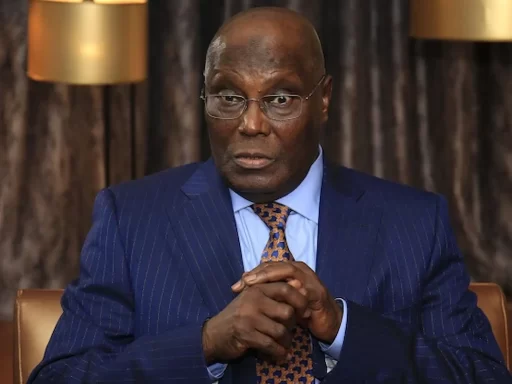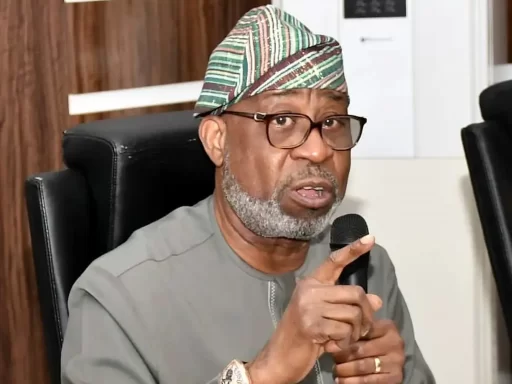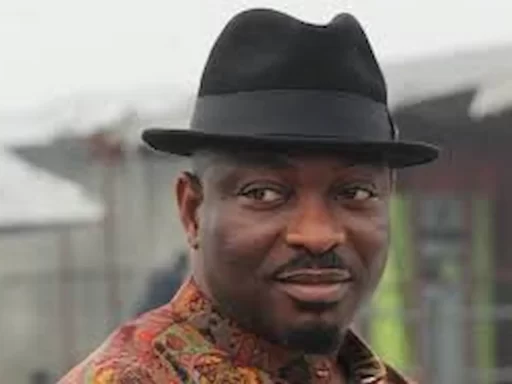President Tinubu Prioritises Reliable Power for Healthcare Services
By NaijaEnquirer Staff
President Bola Ahmed Tinubu has declared that addressing the power crisis in Nigeria’s hospitals is a national priority, describing unreliable electricity in healthcare facilities as a life-threatening challenge that demands immediate action.
Speaking at the National Stakeholders’ Dialogue on Power in the Health Sector in Abuja, the President, represented by Senator George Akume, Secretary to the Government of the Federation, emphasized that reliable and affordable electricity is critical to improving healthcare delivery and restoring public confidence in the system.
He commended the collaboration between the Federal Ministries of Health and Power, describing it as a demonstration of the administration’s commitment to fostering synergy among MDAs to deliver sustainable solutions to energy challenges in the health sector.
Power Outages Threaten Lives
President Tinubu highlighted the dangers of persistent power outages in tertiary hospitals, stating:
“In surgical theatres, maternity wards, intensive care units, laboratories, and emergency rooms across the country, power outages too often compromise safety, interrupt care, and cost lives. These outages cannot continue, and under our administration, they should not. Lives are at stake. We must act now.”
He explained that tackling energy challenges in hospitals aligns with his Renewed Hope Agenda, which prioritizes reducing energy poverty, decentralising supply, and expanding private sector participation. Through the Energy Transition Plan and ongoing power sector reforms, the government aims to deploy off-grid solar and hybrid systems for health facilities, attract private investment, and leverage blended financing with development partners.
Call for Action and Sustainable Solutions
President Tinubu urged health institutions to adopt sustainable, community-owned energy systems rather than temporary fixes. He called on stakeholders to convert dialogue into measurable actions, including energy audits, mobilisation of green financing, and establishment of an accountability framework.
“The success of this initiative will not be measured by the speeches we deliver but by the uninterrupted light in our hospitals, the hum of functioning equipment, and the renewed confidence of every Nigerian who walks into a public health facility,” he said.
Stakeholder Perspectives
Other speakers at the dialogue stressed the urgency of reliable power for healthcare:
- Prof. Muhammad Ali Pate, Coordinating Minister of Health, noted that energy and connectivity remain critical gaps in Nigeria’s health transformation and urged private capital mobilisation through Public-Private Partnerships.
- Dr. Iziaq Adekunle Salako, Minister of State for Health, highlighted that unreliable electricity is the second-largest barrier to healthcare after funding gaps, citing a BudgIT survey. “Powering health is not optional, it is essential for our survival,” he said.
- Chief Adebayo Adelabu, Minister of Power, described the dialogue as a turning point in linking energy and health, referencing reforms under the Electricity Act 2023, the National Integrated Energy Policy, and renewable energy projects, including solar mini-grids for hospitals.
- Daju Kachollom mni, Permanent Secretary of the Federal Ministry of Health, underscored that electricity in hospitals is a matter of life, dignity, and hope.
The programme theme, “Powering Health Through Public-Private Synergy: Energising Nigeria’s Health Sector for the Future”, reflects the commitment to ensuring all Nigerians, regardless of location, have access to affordable healthcare supported by reliable and sustainable power.







